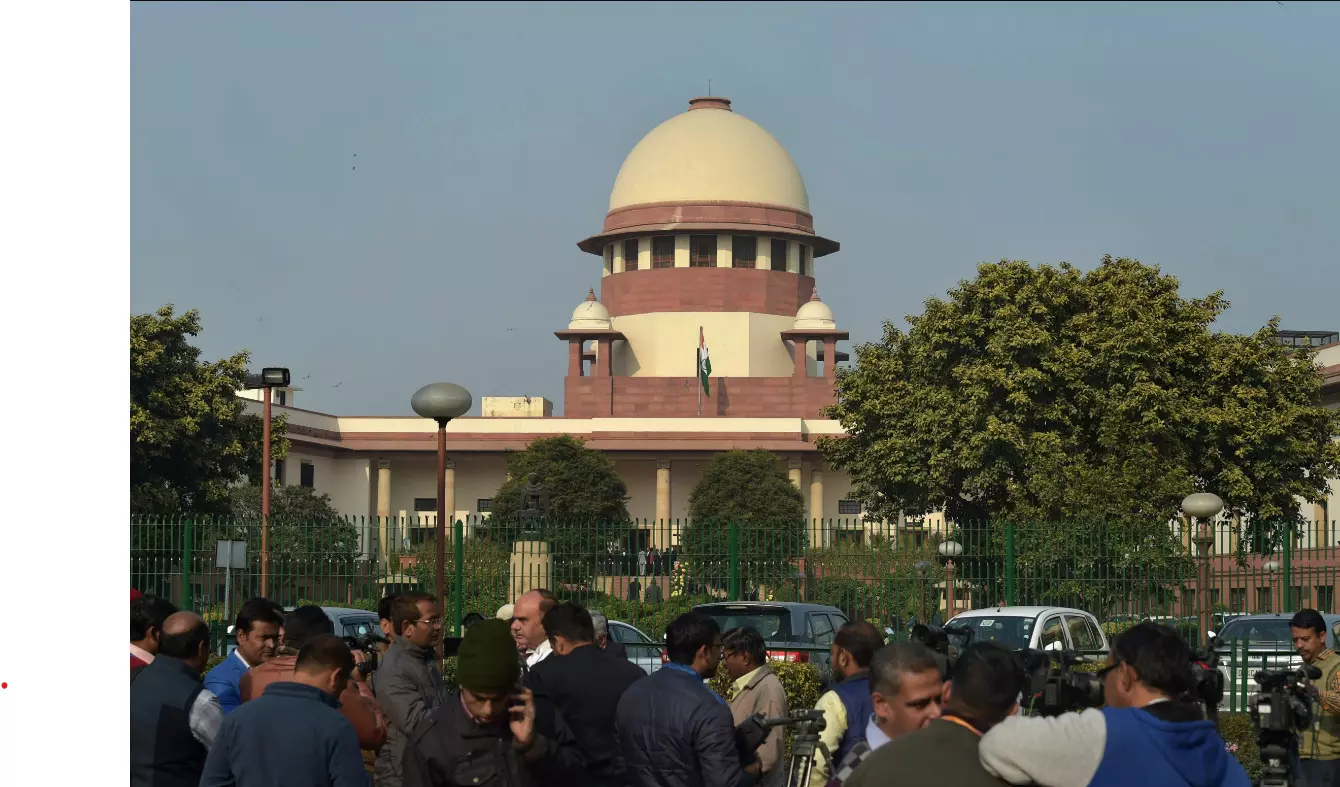Blurred boundaries

The Supreme Court’s decision to refer the Centre-Kerala borrowing case to a five-judge constitutional bench is an important development. Apart from illuminating the best way forward for debt-stricken Kerala, the bench, which is to be constituted under the aegis of the Chief Justice of India, may lend greater clarity on Centre-state financial relations and draw clear-cut contours of fiscal federalism.
The Supreme Court’s refusal to grant Kerala interim relief against the Union government’s borrowing cap—as provided under Net Borrowing Ceiling—arises out of a constitutional and fiscal conundrum that goes far beyond the immediate financial woes of a single state. Notably, in the course of considering an interim relief for Kerala, the Supreme Court applied the triple test of prima facie case, balance of convenience, and irreparable injury. It found prima facie case and balance of convenience in the favour of the Centre. On the third parameter, the court observed, “if the State has essentially created financial hardship because of its own financial mismanagement, such hardship cannot be held to be an irreparable injury that would necessitate an interim relief against the Union”. The court further added that “it (interim relief) might set a bad precedent in law that would enable the States to flout fiscal policies and still successfully claim additional borrowings.” Consequently, Kerala’s bid to borrow Rs 26,226 crore on an immediate basis from Centre stands quashed.
The financial balance between the Centre and states is a longstanding issue that has been rarely dissected with the financial precision that is required. The Supreme Court's decision to refer the matter to a Constitution Bench is a recognition of the serious constitutional questions at stake, particularly the limits of State autonomy in financial matters under Article 293 of the Constitution. Kerala’s challenge to the Centre’s imposition of a Net Borrowing Ceiling (NBC) is a test case for the principles of fiscal federalism that underpin India’s union of states. Kerala’s contention, that the Centre’s broad interpretation of its powers to set borrowing limits infringes upon the state’s constitutional right to fiscal autonomy, raises fundamental questions about the balance between national fiscal stability and state’s financial autonomy. The inclusion of debts of state-owned enterprises in calculating the NBC, a move that Kerala argues unduly restricts its fiscal space, has also come under scrutiny.
The Attorney General's defence, attributing Kerala's financial woes to two decades of fiscal mismanagement, misses a crucial point. Fiscal responsibility is crucial, but the uniform application of borrowing limits, without considering a state's specific needs or contributions to national development, seems overly simplistic. For states like Kerala, which have historically invested in social infrastructure leading to higher social indicators, the current fiscal model feels punitive rather than rewarding.
Seemingly, the ongoing legal battle is more about the principle of fiscal federalism. The implications of this case extend beyond Kerala’s immediate fiscal crisis. They touch upon the fundamental architecture of India’s federal system, particularly how fiscal responsibilities and powers are shared between the Centre and the states. The outcome could redefine the boundaries of state financial autonomy, potentially setting a precedent for how fiscal disputes between the Centre and states are settled in the future.



